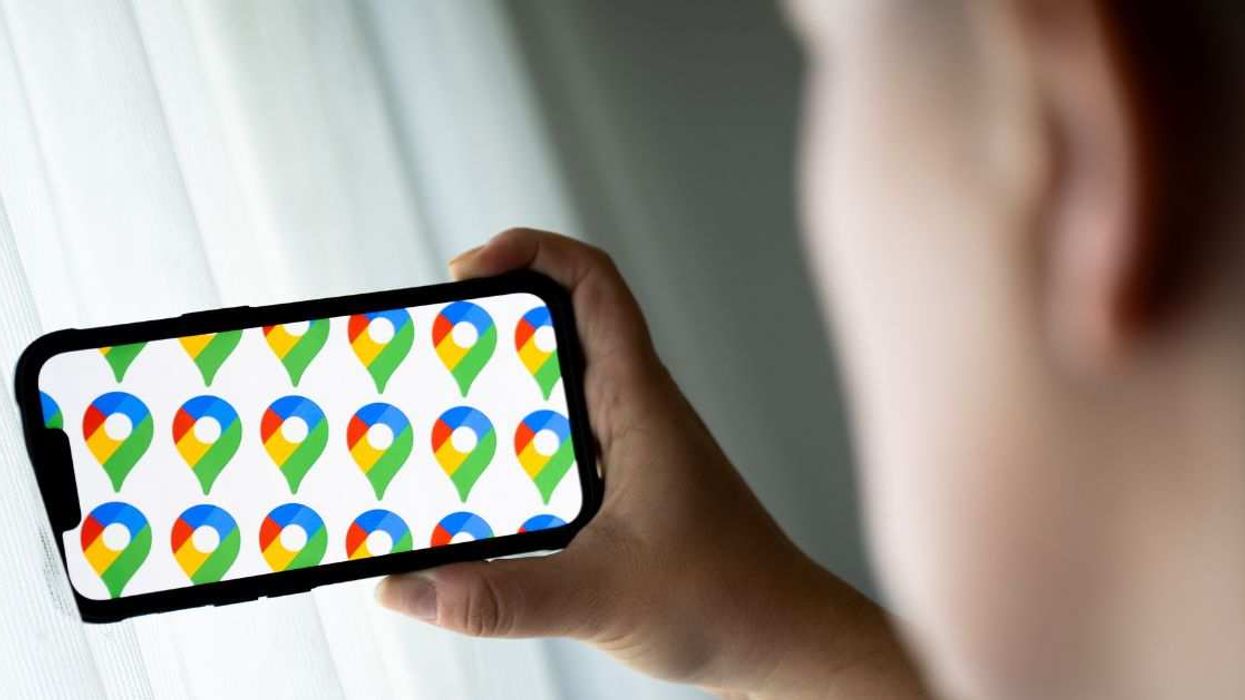A tutor who feared her failing kidneys would see her leaving her husband a widower and their son without a mom has thanked the “incredible organ donor" who saved her life and allowed her to have a miracle baby.
Newly married to businessman Tahir Rafiq, 38, in 2004, when Sadia Rafiq, 36, started having mysterious cramps and the cause was identified as an abnormality with her kidneys, they slowly declined and, by 2011, she had just 10 to 15 percent function, needed dialysis and in 2012 joined the transplant list.
Unable to work and with her life a shadow of the full and satisfying time she had enjoyed with Tahir and their son, Awais, now 10, Sadia, of Blackburn, Lancashire, England, said:
“It was very difficult, preparing myself and my family for what was going to come next – and what it would mean if that call never came."
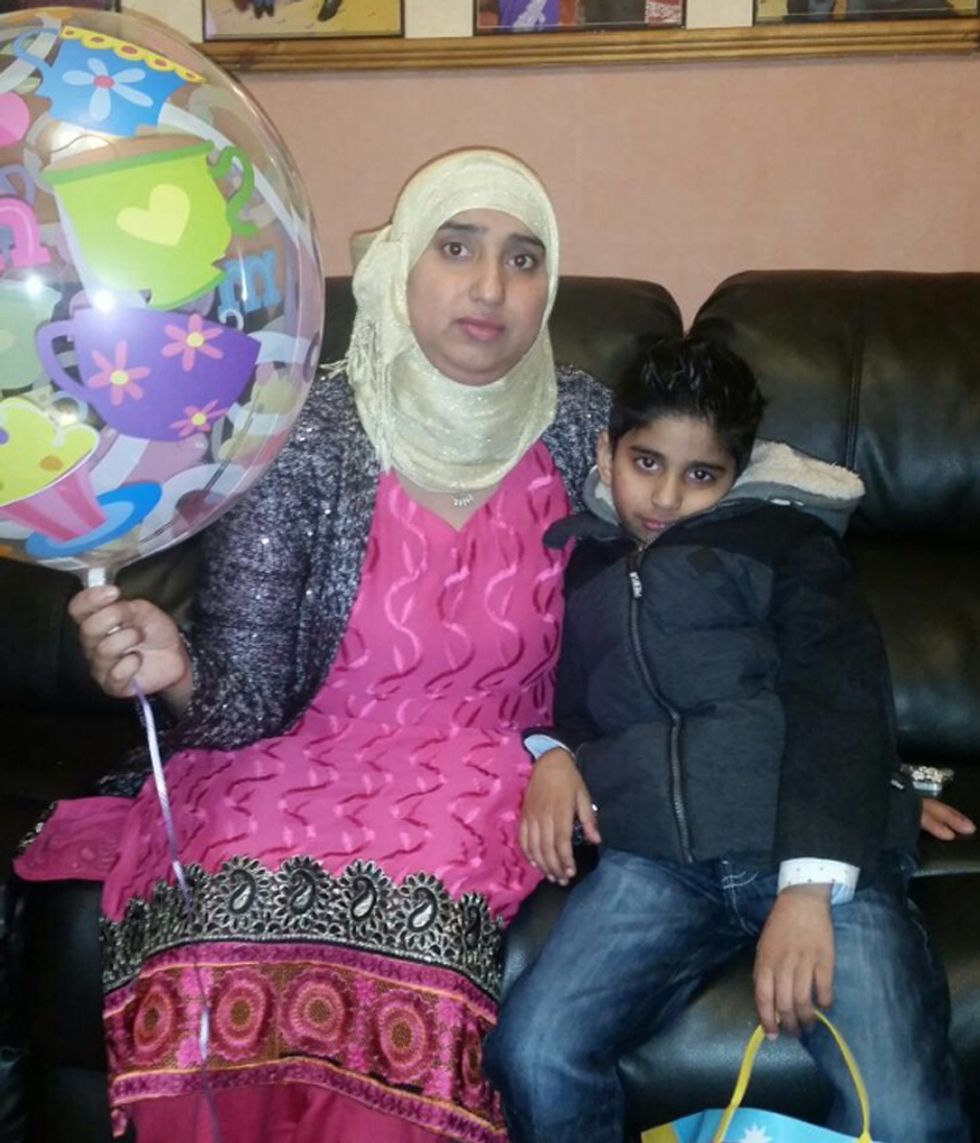
“I was so desperate to get my life back. Before I got ill, I had been working as a primary school teacher, but I had to give all that up," she continued. “All sense of normality was gone. I was in a really dark place, and barely thinking straight."
Speaking as the law in England around organ donation changed on May 20 to an 'opt out' system – meaning adults are automatically considered to be donors unless they expressly state otherwise – in 2013 Sadia's life was saved by a new, healthy kidney from an anonymous person.
She said:
“The life I have now is all thanks to my selfless donor and their family. I can never find the words to express how grateful I am, but I want to honor them all by living the fullest life I can."
When Sadia first developed sharp stomach pains soon after her wedding, she was not too worried, as she had always been very healthy.
At first, doctors could not find the cause, but a scan at Royal Blackburn Hospital revealed that one of her kidneys was smaller than the other, causing a decline in function.
“It was really shocking," she said. “The doctor said he couldn't believe I hadn't been to see him before with some sort of pain or problem. But it came from nowhere. I'd been perfectly fine for years."
Further tests led to a diagnosis in 2006 of reflux nephropathy, meaning that her urine was traveling back up towards her bladder, rather than out of her body, thus damaging her kidneys.
“The doctors were fantastic," she said. “It can't be helped that the diagnosis took a while – it was because they had to do so many tests and had to try various different treatments, before they could work out exactly what was going on."
As her kidney function declined, Sadia's physical condition also rapidly deteriorated. Taking up to 25 pills a day, her extremities were all swollen and she had zero energy.
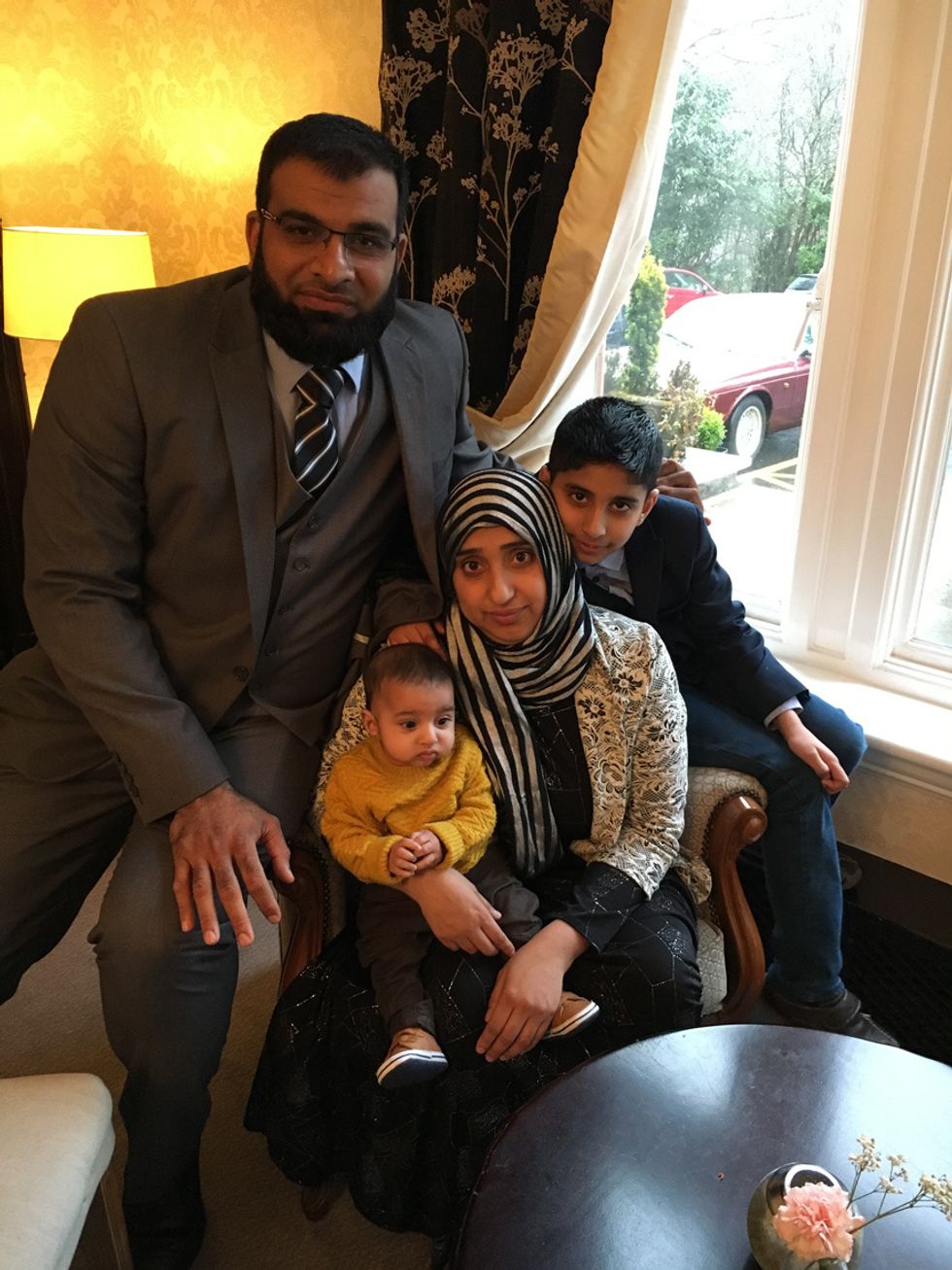
“I was having regular tests to monitor my kidney function, but it was getting worse and worse," she said. “I felt exhausted all the time and my hands and feet were swollen – it was awful."
By 2011, Sadia's kidney function was so poor that she had no choice but to begin peritoneal dialysis, which uses the lining of the abdomen to filter the blood.
Despite being glad she could treat herself at home, she was often hooked up to a machine for hours on end, left so weak she could barely get out of bed.
“Tahir was my rock," she recalled. “He was, essentially, my carer. Our entire family lost their sense of normality."
In August 2012, Sadia was placed on the waiting list for a transplant – although she was warned it could take years to find a match, particularly as she is from an Asian background.
According to the NHS, Black, Asian and minority ethnic (BAME) patients often have to wait significantly longer for a successful match than white patients, due to a shortage of suitable donors.
And while NHS Blood and Transplant data from 2019 found that 42 percent of people agreed to organ donation when asked in hospitals – 50 percent fewer people from BAME families support donation, compared to those from white backgrounds.
Sadia, who is Muslim, explained:
“Religion can play a part in that. There has been some guidance released from scholars on what organ donation means for the Islamic community, but the way in which some people interpret various beliefs may mean they are uncomfortable with the idea of it."
Fortunately, for her and her family, after 11 long months on the transplant list, Sadia finally received the call that changed her life.
She said:
“My life was on pause. I had to make sure I was always near my phone and always near the hospital, so things like trips away were out of the question. My hope did begin to die. I thought, 'There are so many people in the UK right now waiting for an organ. Why should I be the one who gets one?'"
Then, in the middle of the night in July 2013 the call finally came, saying doctors at Manchester Royal Infirmary had a kidney that could save Sadia's life.
She continued:
“There were a number of other patients ahead of me, but if they couldn't have the operation for whatever reason and I was a match, then I could. I prayed and prayed that whoever needed it most would get the kidney."
After dropping Awais off with family, she and Tahir drove through the night to the hospital.
She said:
“They tested my tissue and blood to see how good a match I was, then all we could do was wait."
“Eventually, after a couple of hours, the doctors came in. Tahir said to them, 'Please don't give us false hope. If it's a no, that's fine, but we just want to know.' But they told us the other patients couldn't go ahead for various reasons, so the kidney was mine."
Rushed straight down to the operating room, Sadia came to five hours later and was given morphine to numb her pain. At first, her immune system was so compromised that she could not have many visitors, for fear they would pass a bug onto her.
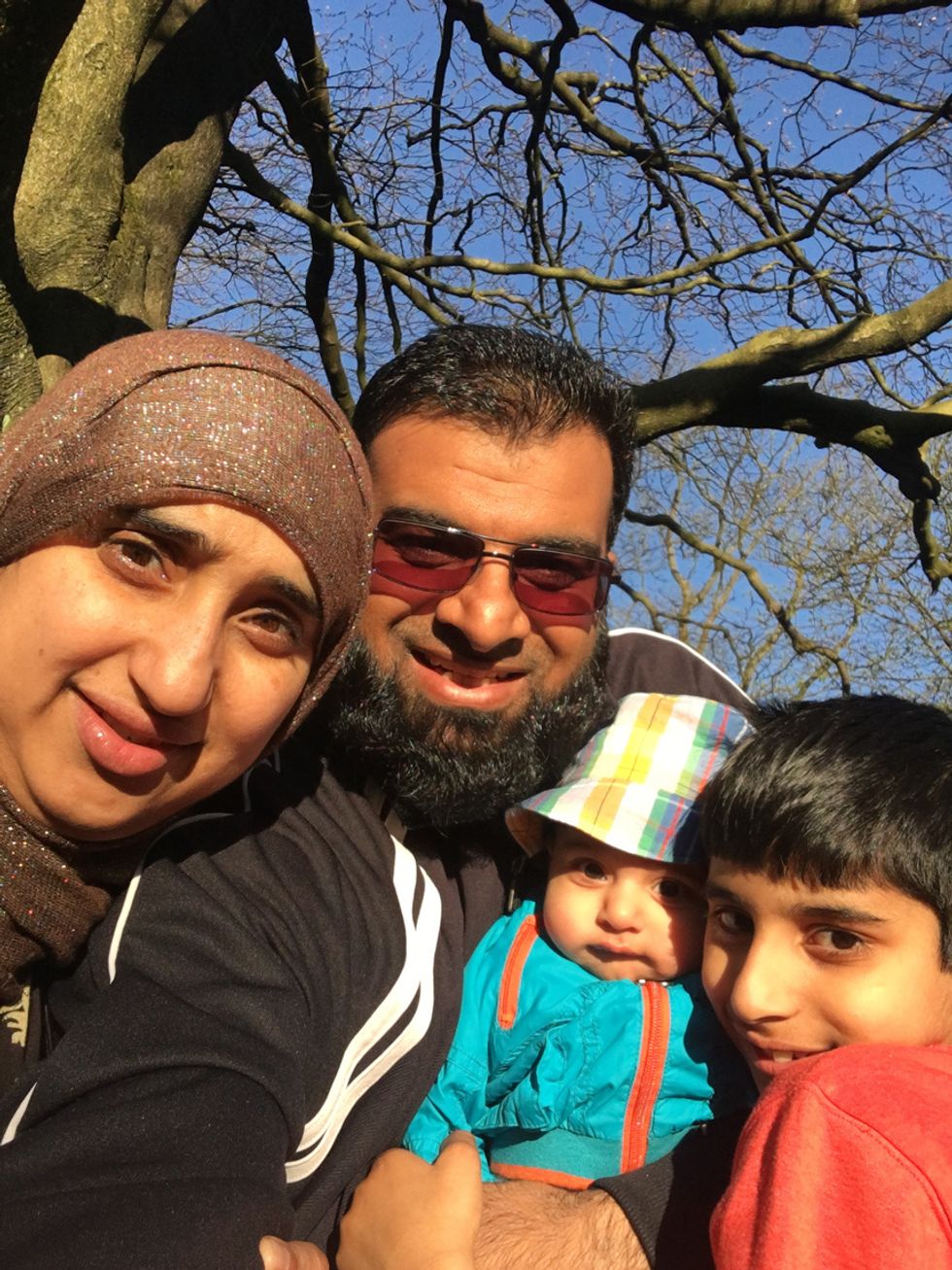
“I only got to see Awais a couple of times, very briefly," she said. “That was so hard, especially as he was too little to understand why his mum wasn't at home."
Slowly, Sadia began to regain her strength and, after six weeks in the hospital, she was allowed home. At first she returned for tests every two days, to monitor her kidney function and ensure her body was not rejecting her new organ.
But, in time, these eased off to every 10 days, then one month, then three, as it was clear she was making great progress. And, as her health improved, she became increasingly optimistic about her chances of becoming a mom again.
Sadly, however, according to the National Kidney Federation, dialysis can affect fertility, as it only replaces a small percentage of the organ's function, leaving the body to deal with high levels of waste products, which interfere with egg production and menstrual cycles.
In addition, the NHS says that, even after a transplant, pregnancy may still put a strain on the kidneys and some of the drugs recipients are required to take could affect the baby.
So, after talking things through with doctors, Sadia feared she may not be able to have another child, but remained defiant, saying:
“Being told I may not be able to have another baby just made me all the more determined. I waited for a couple of years after the transplant, to make sure my body was used to my new kidney and that everything had stabilized."
“Then, I fell pregnant in early 2017. We had no problems conceiving, as my fertility had returned to normal after dialysis, but I had to be incredibly closely monitored," she continued.
“I was hand-in-hand with my doctors the whole way through my pregnancy, constantly having scans and tests. I had to come off some of the medication I was taking, as it could have affected the baby."
“This was very risky, though, and we had no choice but to take things one day at a time."
Miraculously, Sadia's body coped with her pregnancy incredibly well, and her kidney function remained stable. Then, on November 21, 2017, her youngest son, Muhammad-Zayd, was born naturally, weighing 6lb, at Burnley General Teaching Hospital.
She added:
“It was so fantastic to finally see him and hold him. I couldn't quite believe that, after everything we'd been through, he was there."
Sadia who, like her youngest boy, is doing well, knows very little about her donor – a man around the same age as her. But she thinks about him all the time and has even written a heartfelt letter to his family.
“It is up to them whether they reply," she said. “Everything has to be done through a coordinator, to make sure it's handled sensitively, but I am so glad I had the chance to thank them."
“When I compare how I was – bed-bound, exhausted and losing hope – to where I am now, it is a world of difference and that's all down to the bravery and selflessness of one family."
Now, despite England moving to an "opt out" system for organ donation, Sadia, who tutors, volunteers, and also visits schools to raise awareness of organ donation, is now encouraging people to share their wishes with their loved ones.
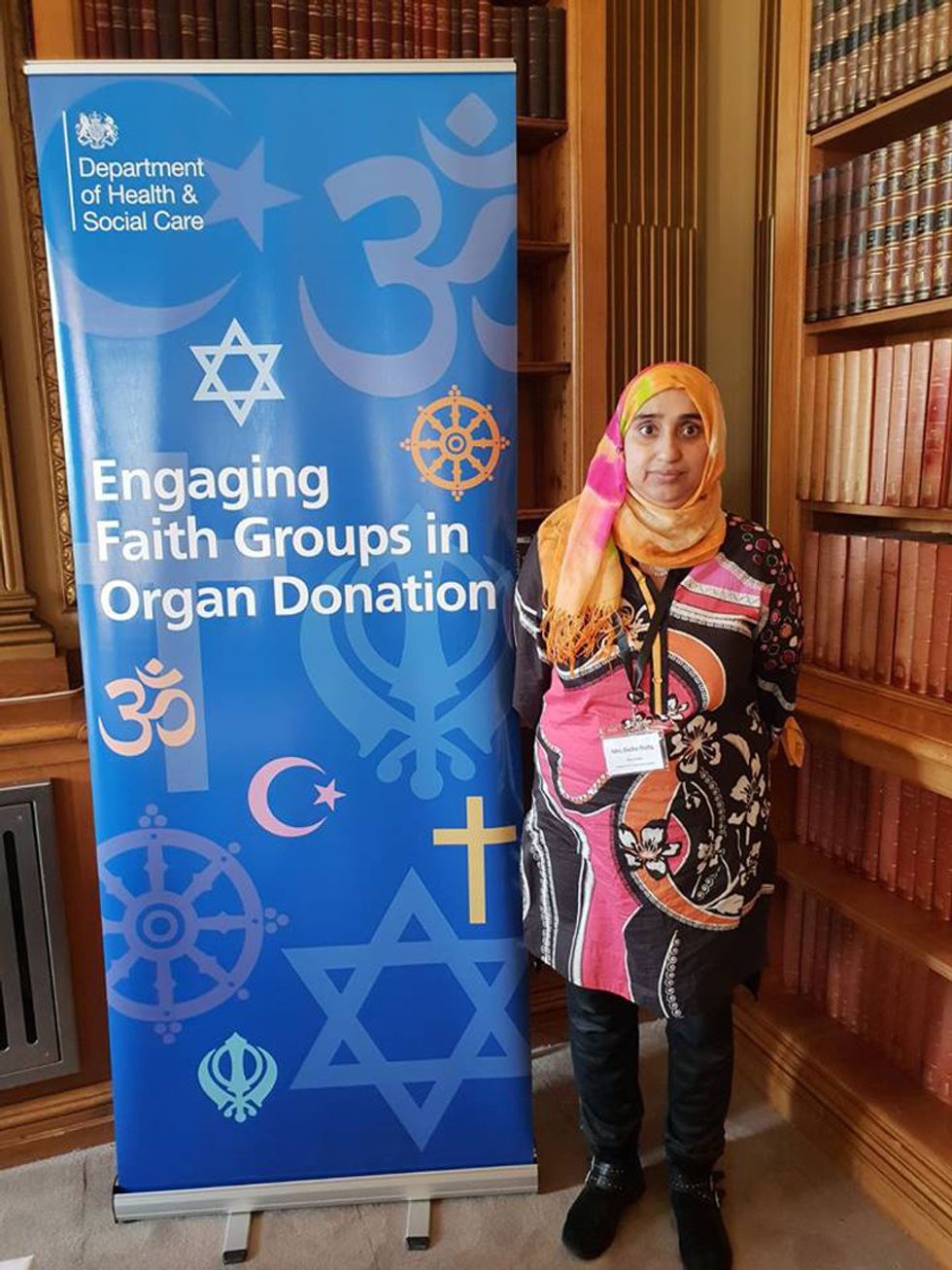
Also a school governor, she said:
“I talk to anybody who will listen about my story, as I am proof that there can be life after all the hardship. I missed out on so much when I was ill. I couldn't do anything for myself, not even go to the loo or wash, so now I am living life at a million miles an hour to make up for lost time."

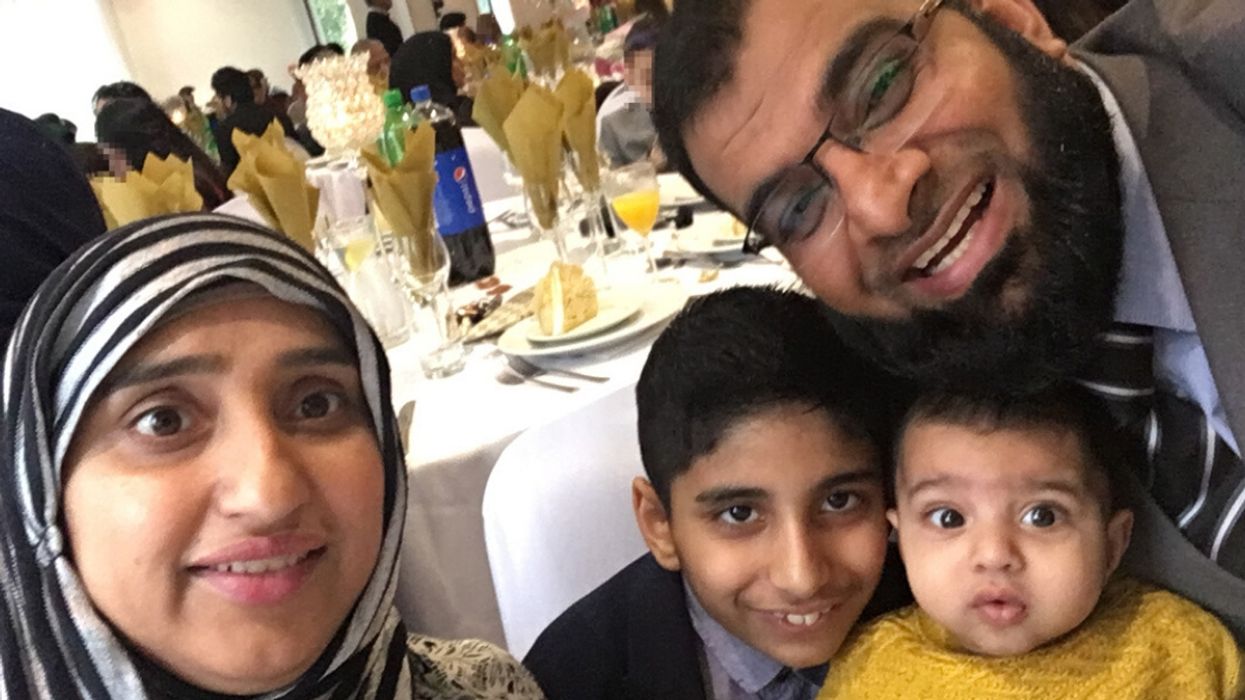


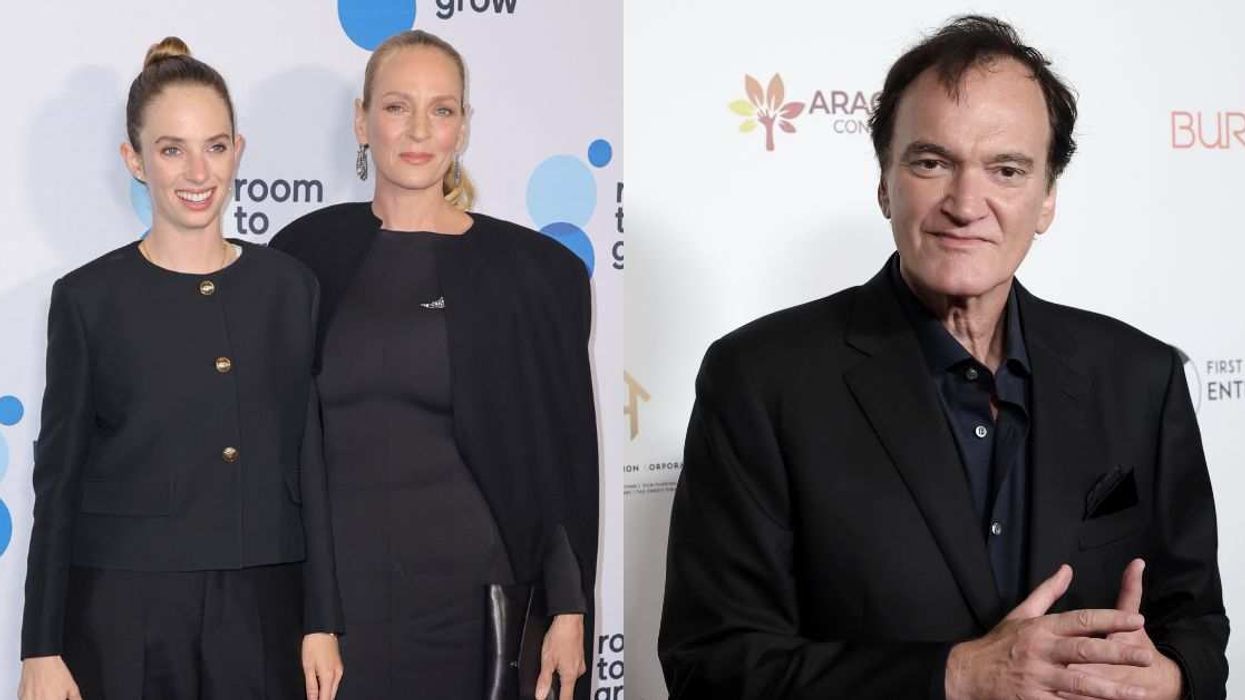


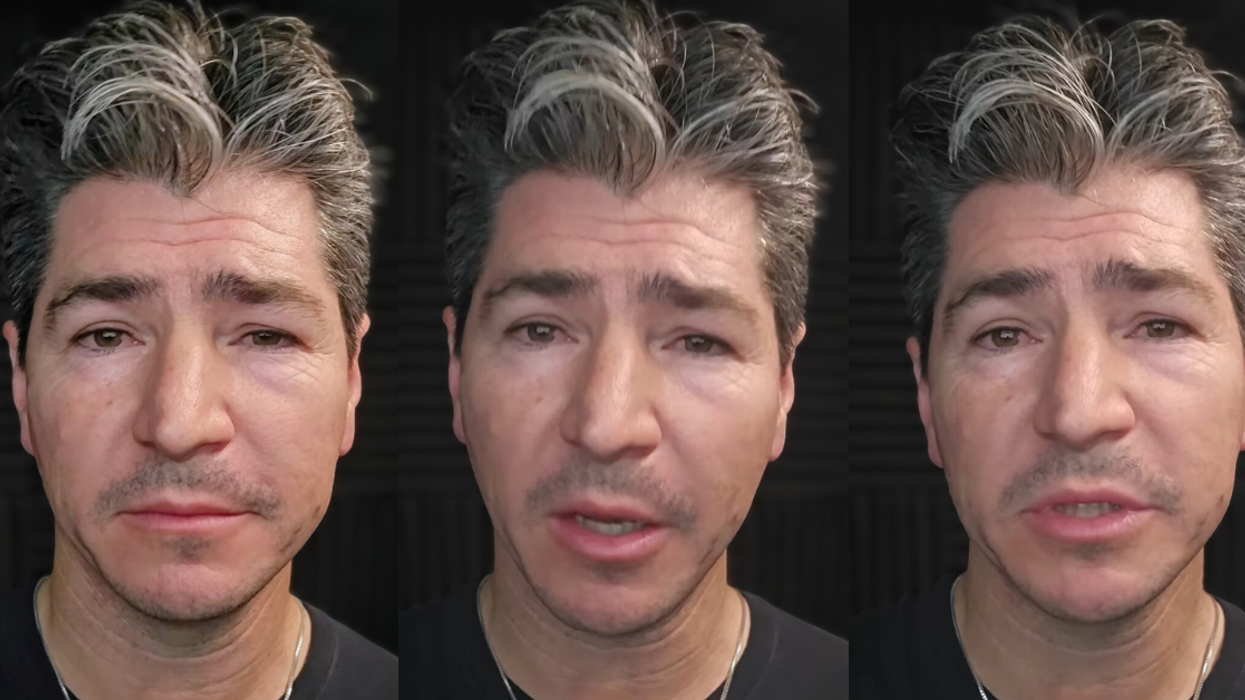
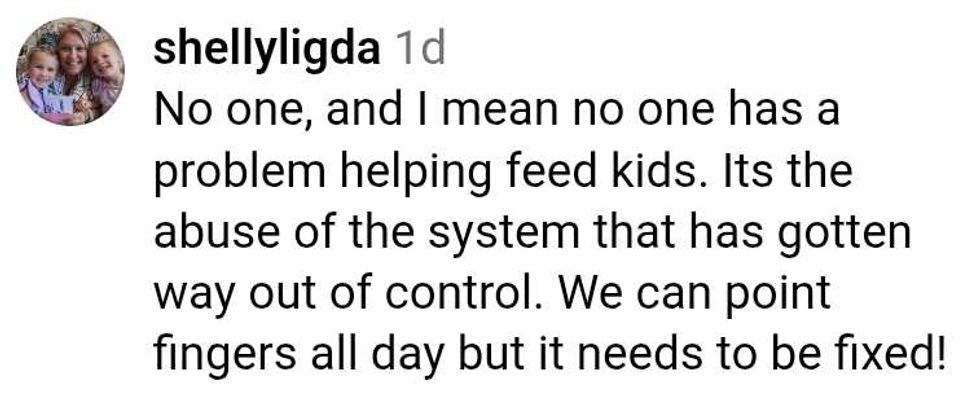 @reelmfishman/Instagram
@reelmfishman/Instagram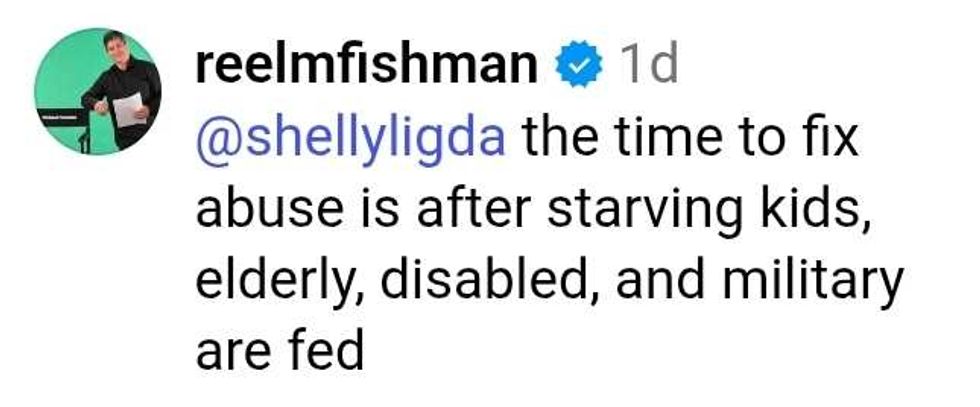 @reelmfishman/Instagram
@reelmfishman/Instagram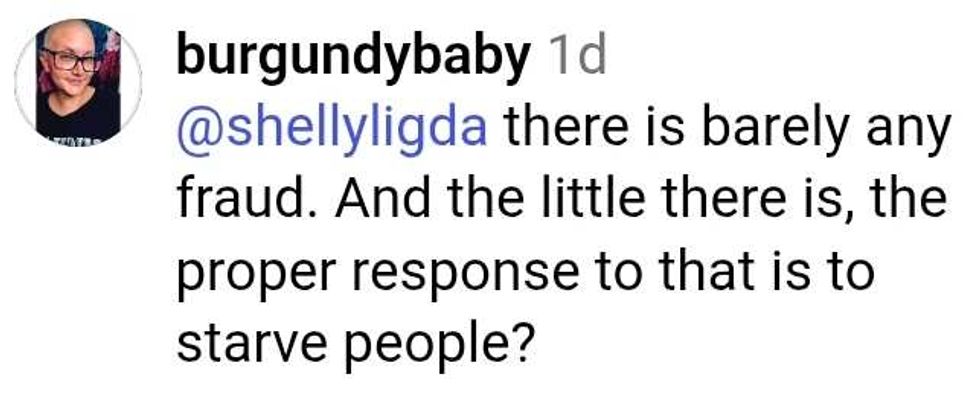 @reelmfishman/Instagram
@reelmfishman/Instagram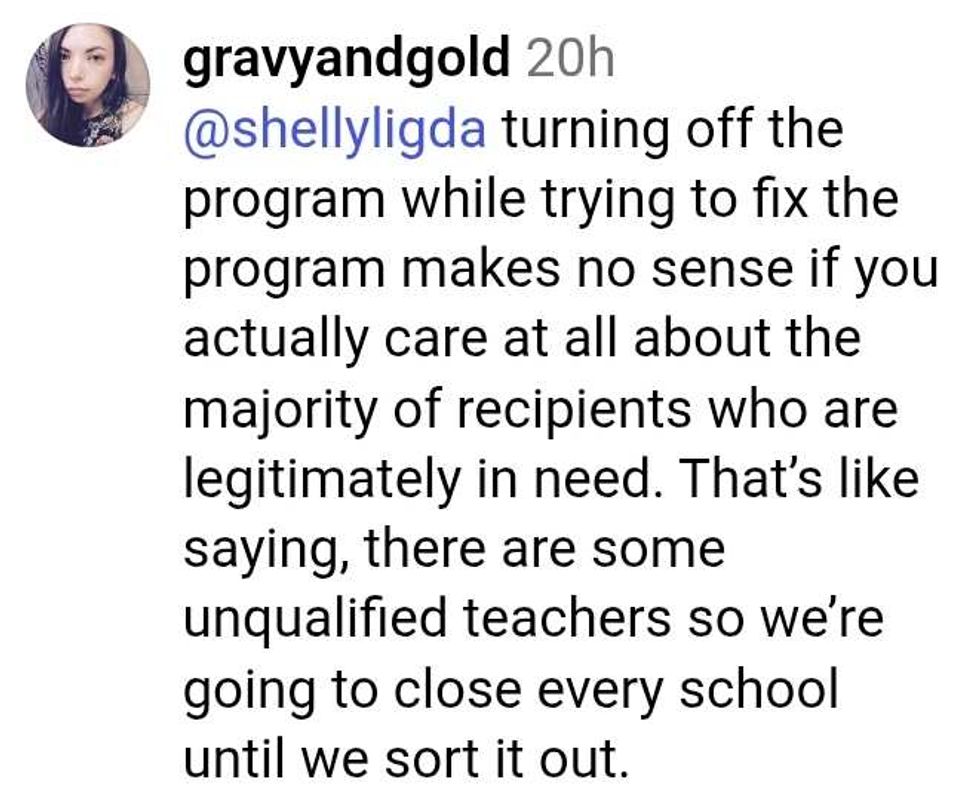 @reelmfishman/Instagram
@reelmfishman/Instagram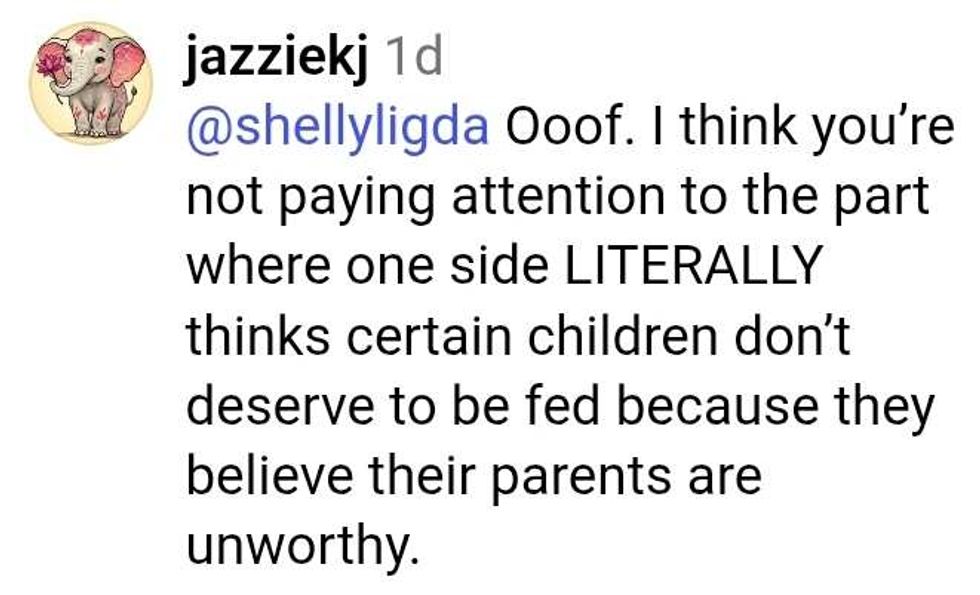 @reelmfishman/Instagram
@reelmfishman/Instagram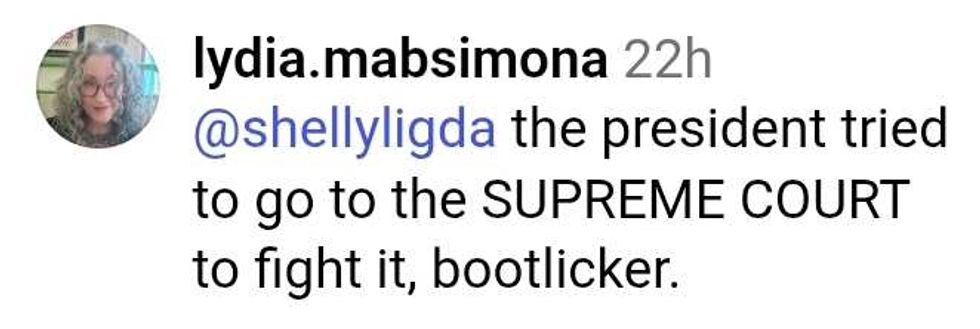 @reelmfishman/Instagram
@reelmfishman/Instagram @reelmfishman/Instagram
@reelmfishman/Instagram @reelmfishman/Instagram
@reelmfishman/Instagram @reelmfishman/Instagram
@reelmfishman/Instagram @reelmfishman/Instagram
@reelmfishman/Instagram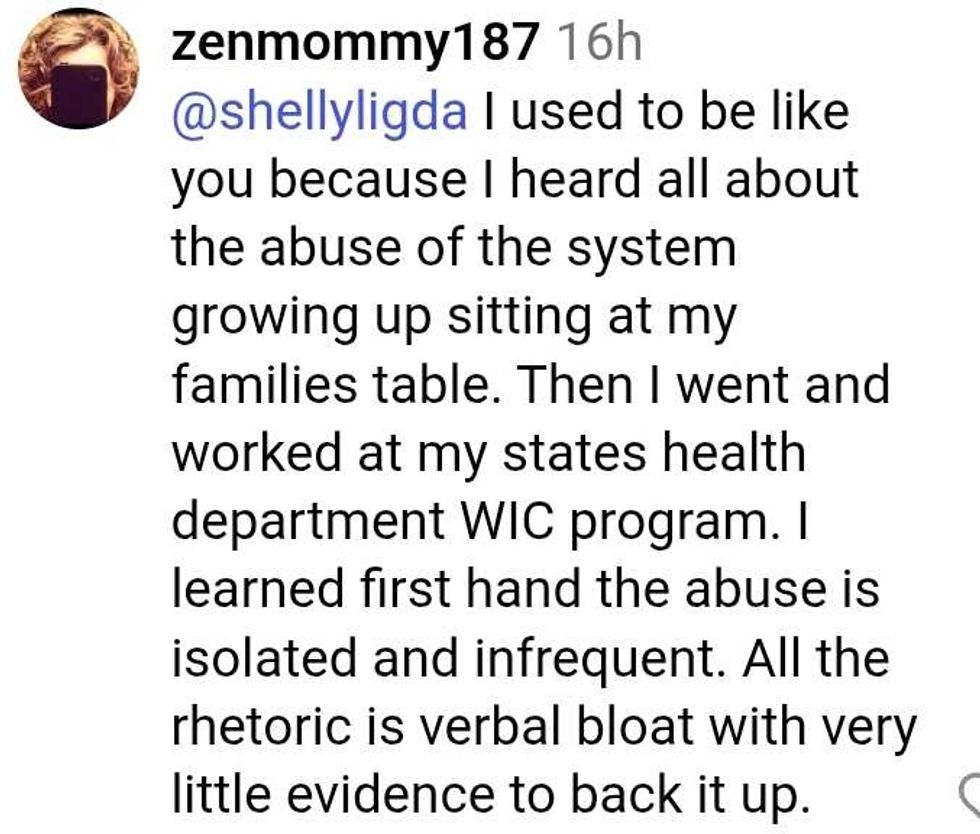 @reelmfishman/Instagram
@reelmfishman/Instagram @reelmfishman/Instagram
@reelmfishman/Instagram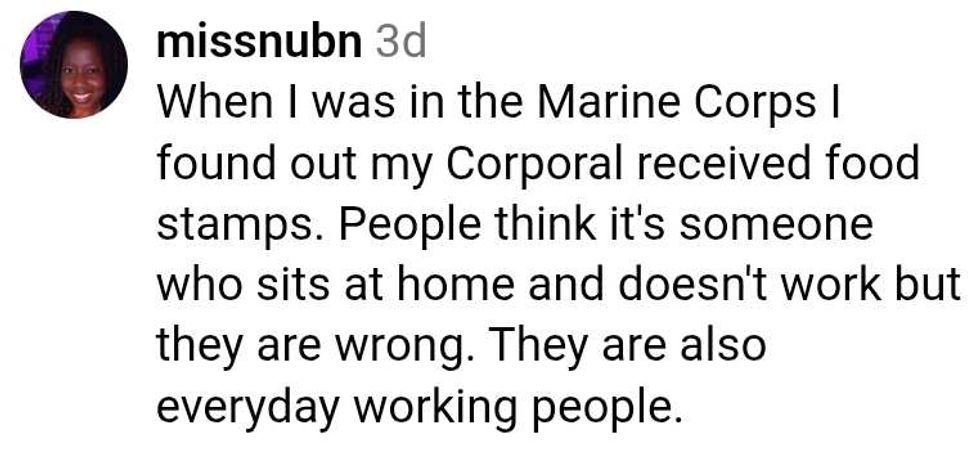 @reelmfishman/Instagram
@reelmfishman/Instagram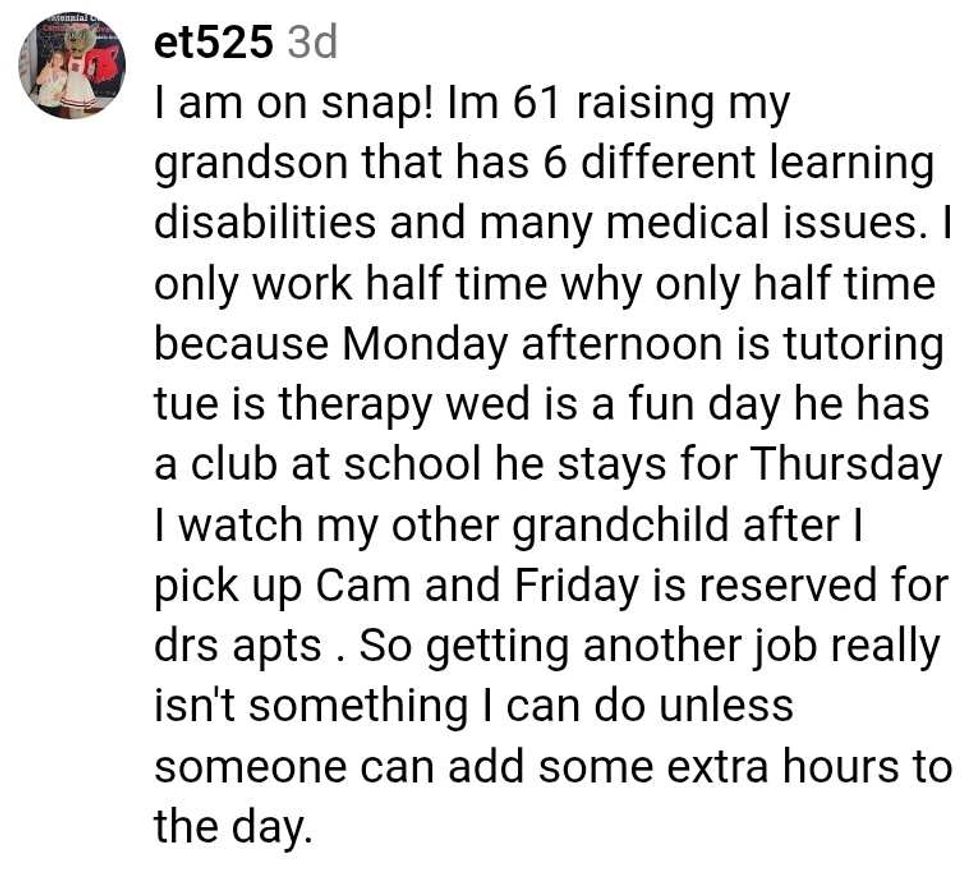 @reelmfishman/Instagram
@reelmfishman/Instagram @reelmfishman/Instagram
@reelmfishman/Instagram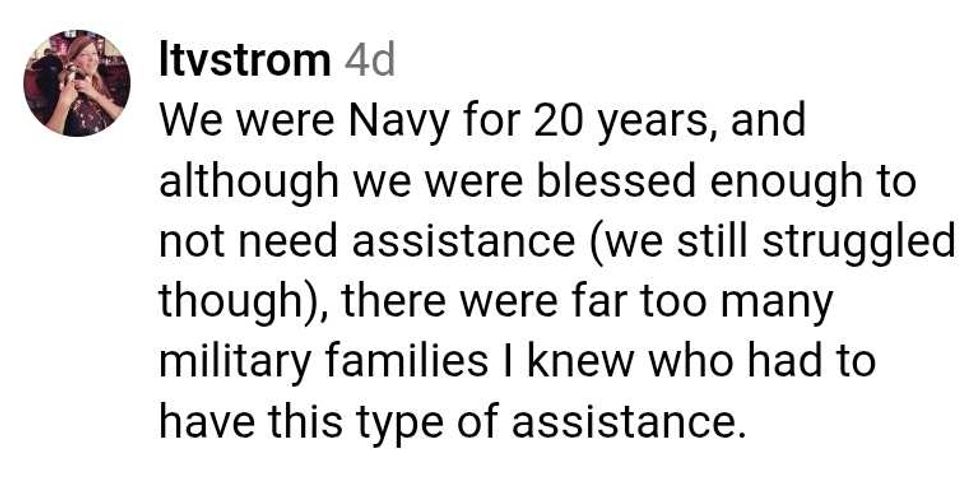 @reelmfishman/Instagram
@reelmfishman/Instagram @reelmfishman/Instagram
@reelmfishman/Instagram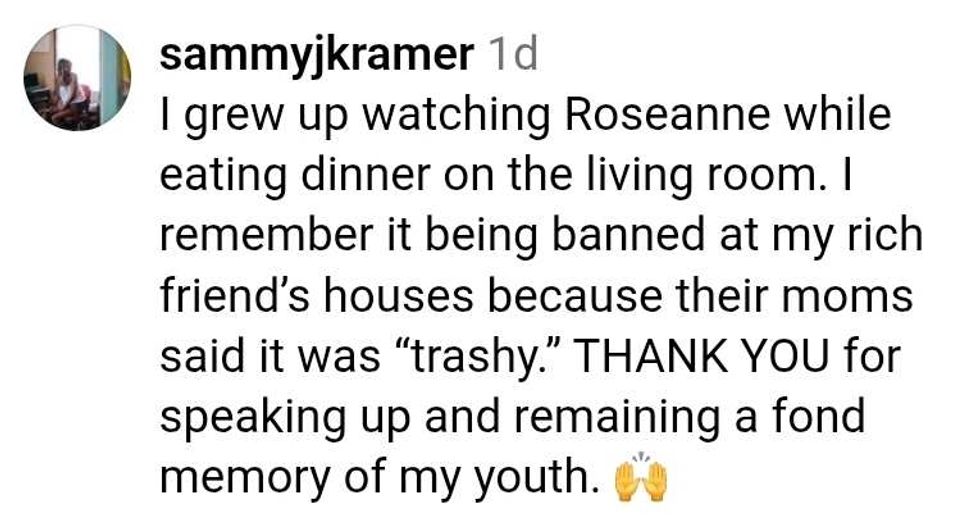 @reelmfishman/Instagram
@reelmfishman/Instagram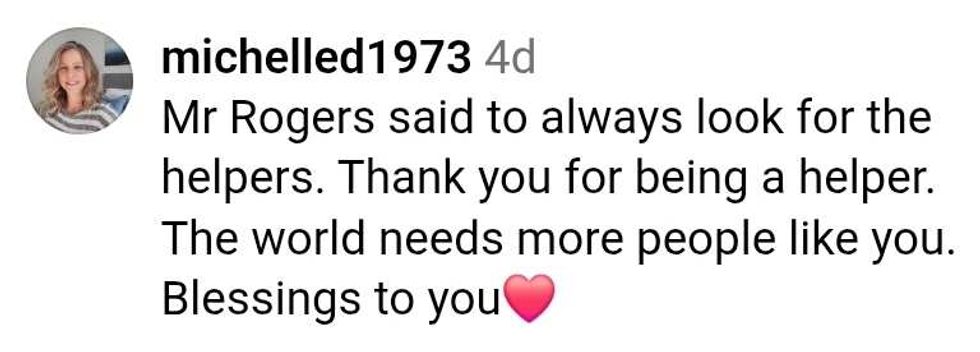 @reelmfishman/Instagram
@reelmfishman/Instagram @reelmfishman/Instagram
@reelmfishman/Instagram



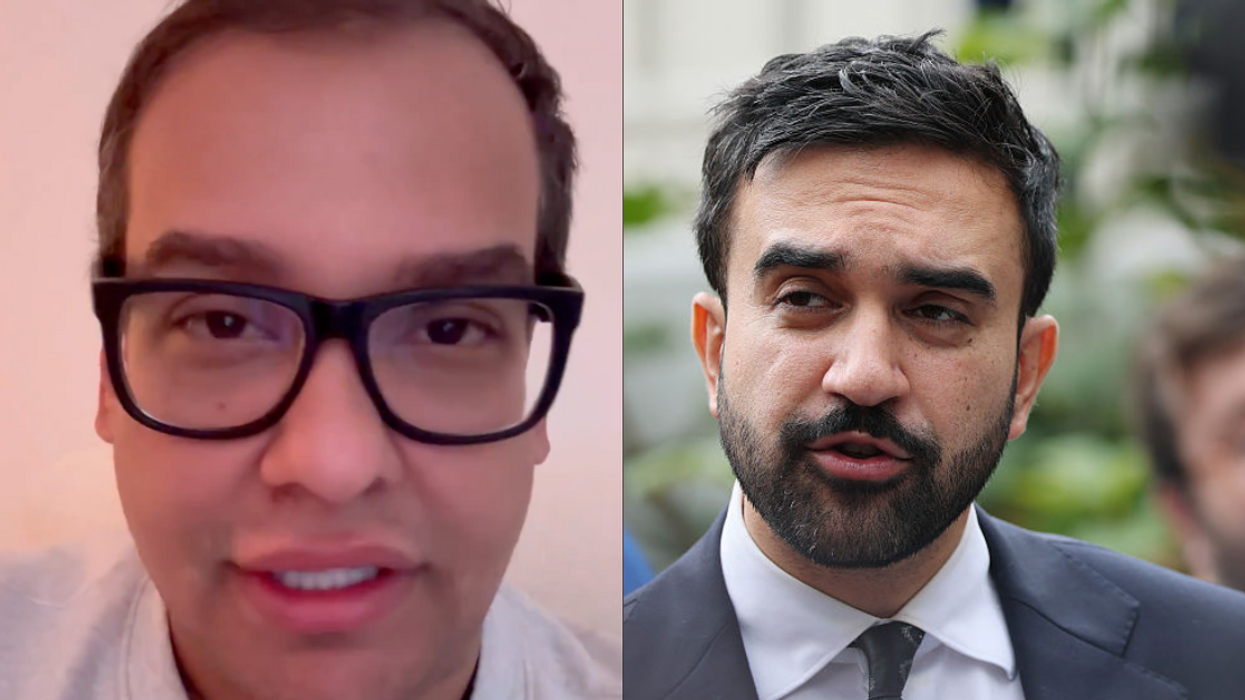
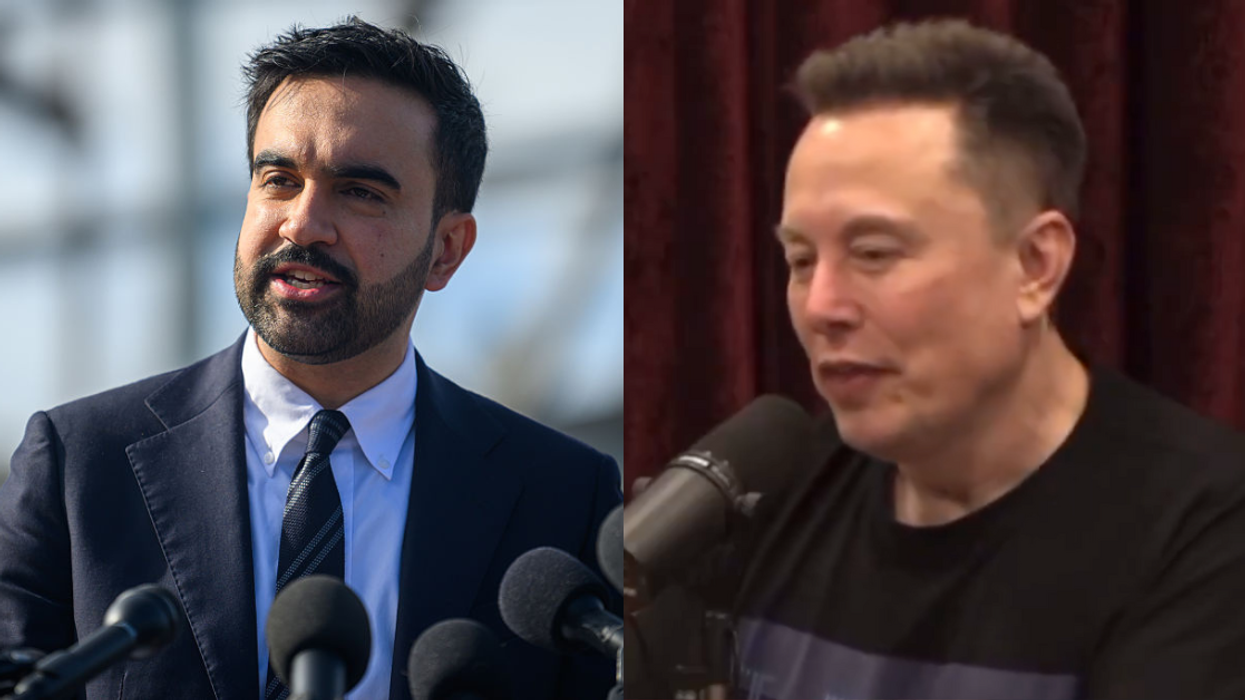

 @TomiLahren/X
@TomiLahren/X
